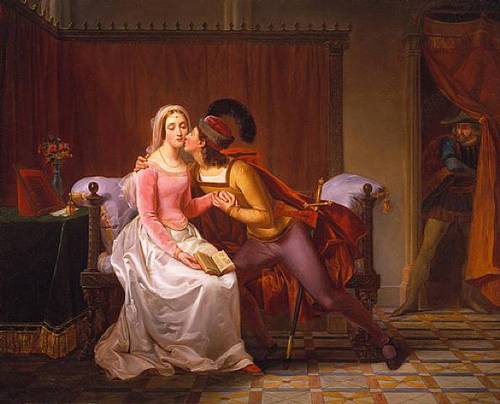Bible scholar J. Addison Alexander was once asked whether one could write as forcibly in monosyllables as in long words. He responded with a poem:
Think not that strength lies in the big round word,
Or that the brief and plain must needs be weak.
To whom can this be true who once has heard
The cry of help, the words that all men speak
When want or woe or fear is in the throat,
So that each word is gasped out like a shriek
Pressed from the sore heart, or a strange wild note,
Sung by some fay or fiend? There is a strength
Which dies if stretched too far or spun too fine,
Which has more height than breadth, more depth than length.
Let but this force of thought and speech be mine,
And he that will may take the sleek fat phrase,
Which glows and burns not, though it gleam and shine–
Light but not heat–a flash, but not a blaze!
Nor is it mere strength that the short word boasts;
It serves far more than wind or storm can tell.
Or roar of waves that clash on rock-bound coasts,
The crash of tall trees when the wild winds swell,
The roar of guns, the groans of men that die
On blood-stained fields. It has a voice as well
For them that far off on their sick-beds lie;
For them that weep, for them that mourn the dead;
For them that dance and laugh and clap the hand
To joy’s quick step, as well as grief’s slow tread;
The sweet plain words we learn at first keep time,
And though the theme be sad, or gay, or grand,
With each, with all, these may be made to chime,
In thought, or speech, or song, or prose, or rhyme.


